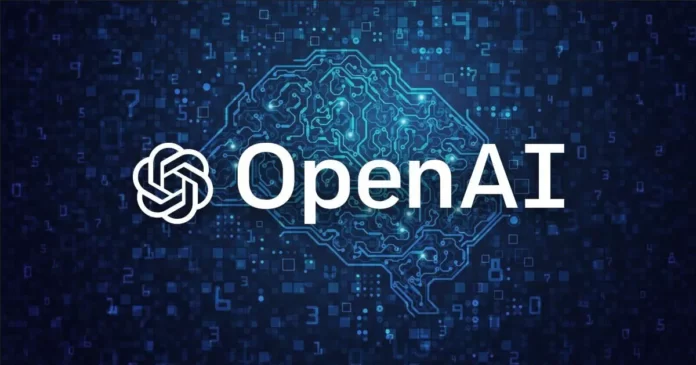Top executives from leading American tech companies, including OpenAI, Microsoft, and Advanced Micro Devices (AMD), testified before the U.S. Senate on Thursday, emphasizing the importance of boosting infrastructure and supporting AI chip exports to maintain the U.S.’s competitive edge in artificial intelligence. The hearing was held by the U.S. Senate Commerce Committee, chaired by Republican Senator Ted Cruz, as part of efforts to address regulatory barriers for AI development.
The move comes after China’s DeepSeek shocked the global tech community with the release of a powerful and affordable AI model last year. In addition, Huawei, a company long in Washington’s crosshairs, unveiled an advanced AI chip, heightening concerns over China’s increasing prowess in AI. These developments have prompted the U.S. tech industry to lobby for looser export restrictions, particularly on AI chips, which they argue is vital for promoting global adoption of AI technologies that reflect democratic values.
“The number-one factor that will define whether the U.S. or China wins this race is whose technology is most broadly adopted in the rest of the world,” said Microsoft President Brad Smith. He added that concerns about Chinese propaganda and the flow of personal data to China led Microsoft to restrict its employees from using DeepSeek. He also warned that, similar to the situation with Huawei and 5G technology, the first company to dominate AI would be difficult to challenge.
Sam Altman, CEO of OpenAI, highlighted that U.S. investment in AI infrastructure is crucial for future societal advancements. “Investment in infrastructure is critical,” Altman said, noting that the U.S. must not only lead in AI but also in subsequent technological revolutions. Such infrastructure would include data centers to house servers and power stations to fuel the energy-intensive calculations necessary for AI.
The development of AI technologies relies on specialized chips, vast data resources, significant energy, and a highly skilled workforce. Smith also emphasized the need for greater education on AI and investment in both electrical infrastructure and AI research and development to keep up with global competition.
China’s DeepSeek, based in Hangzhou, stunned the world with its high-performance AI model that rivals OpenAI’s offerings but is cheaper to run. This announcement came despite the U.S. administration’s efforts to cut off China from American AI chips due to national security concerns, fearing that China could leverage advanced AI for military purposes.
The Trump administration has taken similar steps, including imposing new licensing requirements on AI chips from companies like Nvidia and AMD, designed to circumvent previous export restrictions. However, some industry stakeholders and lawmakers have criticized these restrictions, arguing that they limit U.S. companies’ potential and allow Chinese competitors like Huawei to dominate the AI market.
Senator Cruz, in his opening statement, stated, “The way to beat China in the AI race is to out-race them in innovation, not saddle AI developers with European-style regulations.”




